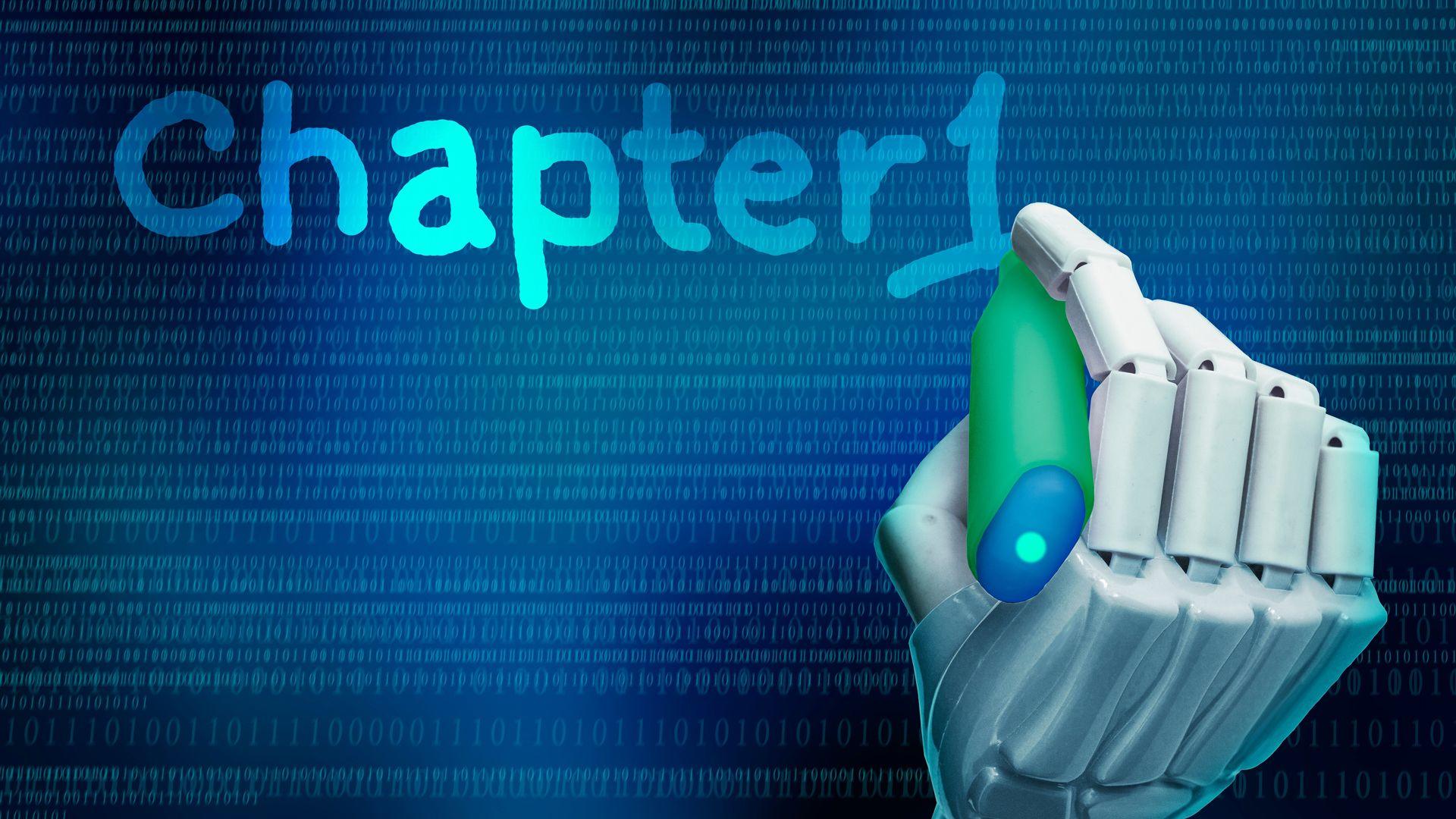- AI now writes majority of newly published articles online, Graphite study finds
- Despite the volume, most AI-generated articles do not appear in Google search results or ChatGPT responses
- AI-written content appears to have plateaued this year
More new articles online are written by artificial intelligence than by humans, according to a new study from Graphite. Using Common Crawl data, Graphite found that AI-generated writing surpassed the 50% mark of newly published web articles in November last year. This figure has plateaued in recent months, but it’s still a huge shift in the way content is produced.
The study relied on AI detection tools applied to 65,000 English-language URLs from the Common Crawl archive, filtering content with article tagging and publication dates from 2020 to 2025. They classified each article as AI-generated or human-written, based on whether more than 50% of its content matched the AI detection criteria. Not that the detector is perfect. The study authors estimated the false positive and false negative rates to be around 4.2% and 0.6%, respectively.
The study might surprise many people because quantity is not the same thing as visibility. The study also found that despite the volume of AI-generated articles flooding the web, most are not good at SEO and don’t appear often on Google or even in ChatGPT responses. Both tools always prioritize human-created content, so most AI-written articles go unnoticed by ordinary readers.
The increase in auto-written content largely follows the public release of ChatGPT in late 2022. In the space of twelve months, AI authorship of online articles increased from virtually nothing to almost 40%. Since then, things have slowed down, perhaps due to the underperformance of AI articles in search results.
Yet in terms of volume, robots now surpass their creators. The balance in favor of AI represents how media companies, marketers, and clickbait content farms have looked for ways to produce written content without the most expensive part, the writers. The falling cost of powerful AI tools has only encouraged them. Each generation of models seems to offer faster speeds and lower prices than its predecessors.
Seemingly blind to the source of all successful writing, many have turned to AI models that can produce articles in seconds, with churn being the apt description of the bland mush that usually results. Often boring, repetitive, repetitive writing isn’t going to attract eyes organically, and Google has openly deprioritized AI content in its search algorithm.
Flood of AI on the Internet
Yet they may be slowly beginning to understand the futility of pursuing AI-driven content creation alone. Graphite data shows that the percentage of new articles classified as AI-written has remained stable since May. Publishers may be recalibrating how they use AI and ignoring full automation.
And while AI detection tools are imperfect, they are getting better. Platforms that publish low-quality AI content could find themselves penalized more aggressively by an audience that outright rejects what they produce.
The Internet could now be a co-authored space between humans and machines. But it’s human writing that people actually want to read.
Follow TechRadar on Google News And add us as your favorite source to get our news, reviews and expert opinions in your feeds. Make sure to click the Follow button!
And of course you can too follow TechRadar on TikTok for news, reviews, unboxings in video form and receive regular updates from us on WhatsApp Also.




